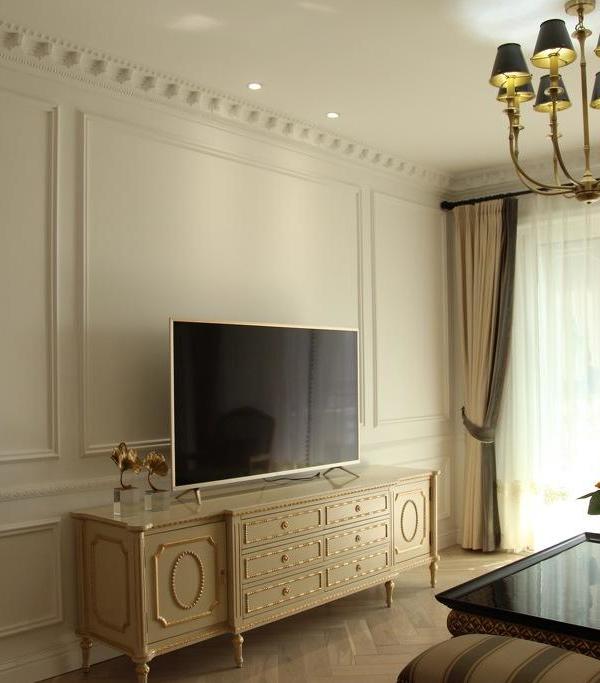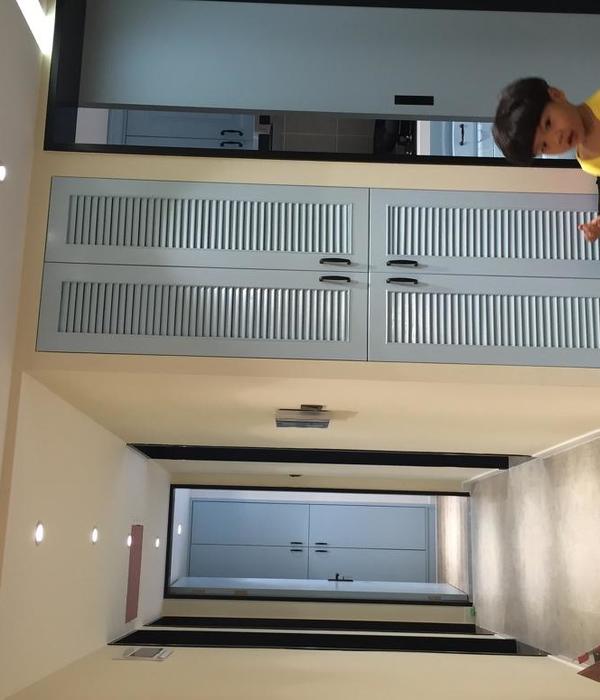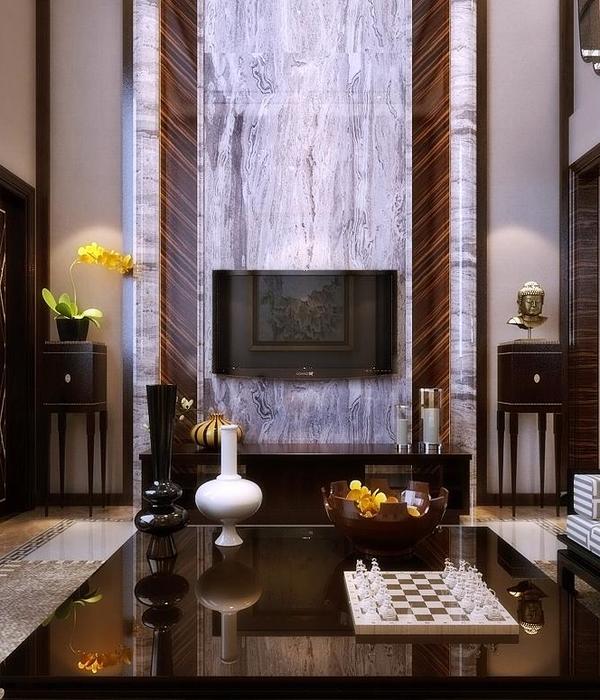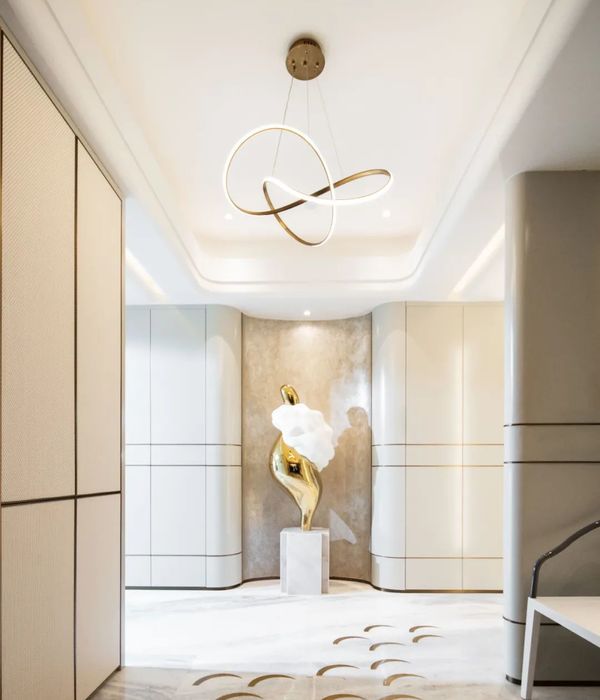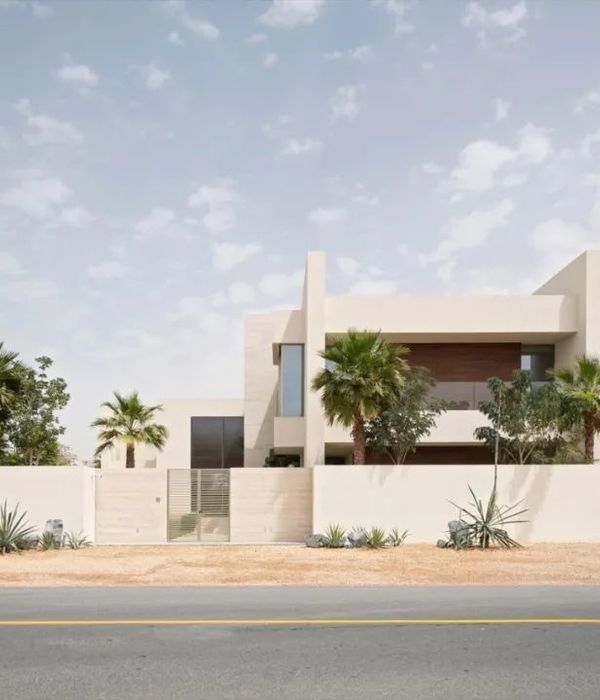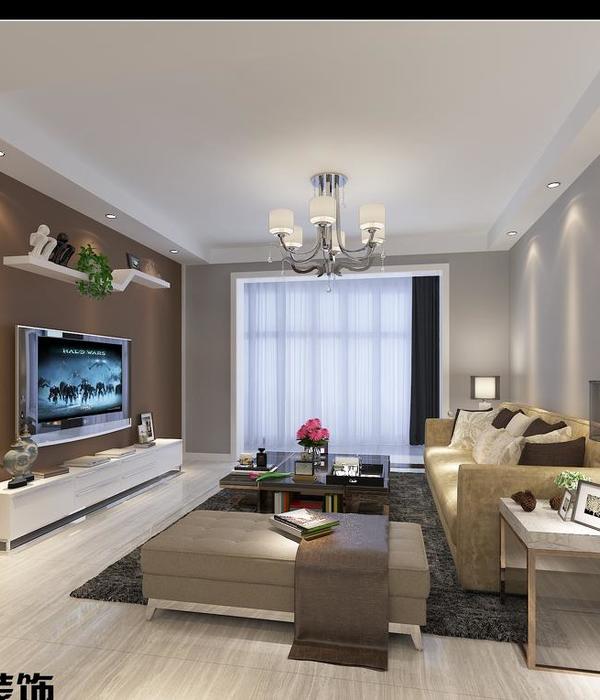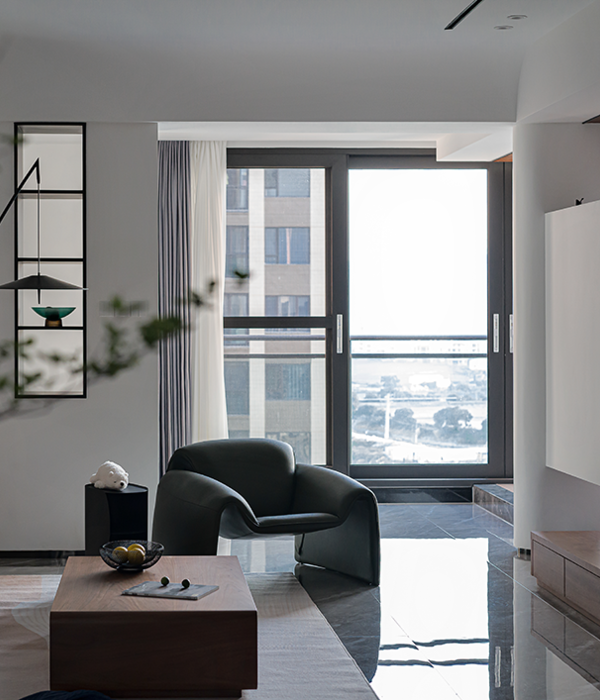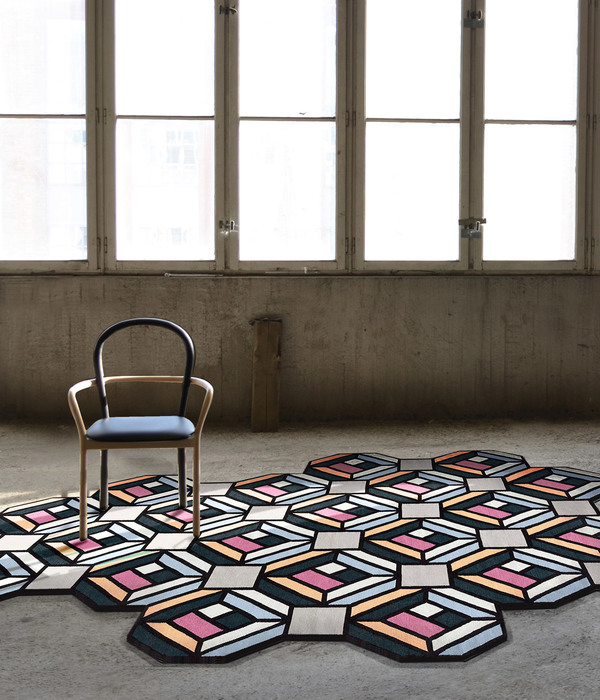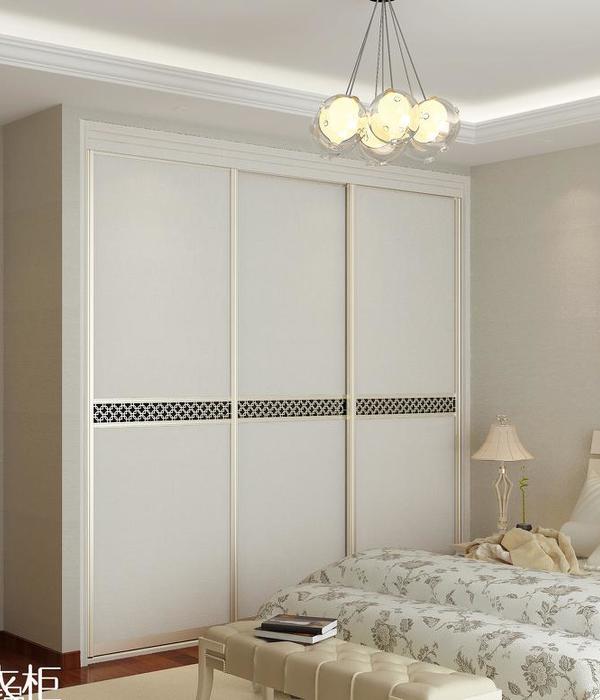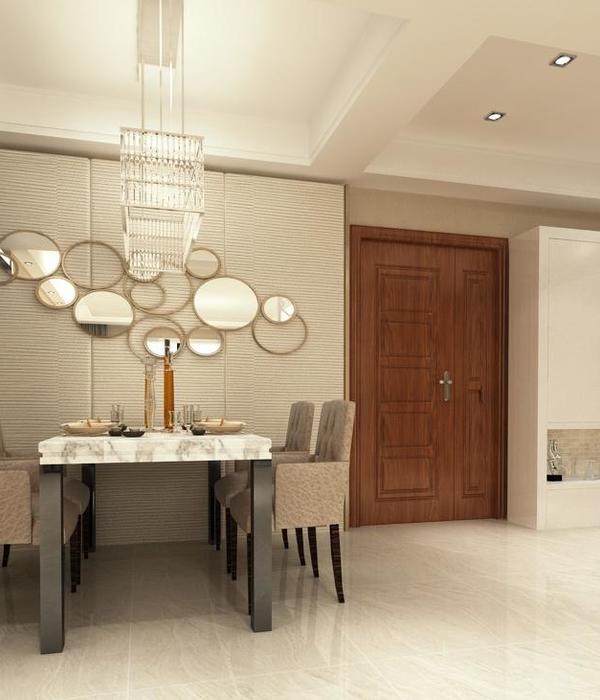Jackson, Wyoming Completion Date: 2018 Carney Logan Burk
A spectacular site, artistic freedom and clients with vision came together to create the perfect opportunity for Carney Logan Burke Architects to design a modern art piece on the banks of the Snake River.
The 20-acre property brought its challenges. An Army Corps of Engineers-built berm created a visual barrier to the water, and a healthy cottonwood grove, though offering the ultimate in privacy, screened the views to the Tetons. The architects’ solution was to build platforms on site to study the river, the seasons, and the views, then elevate the home five feet above ground level to lift the main living area above the riverine meadow.
The architects designed the house and guest house in a stripped-down plan: as two bars set perpendicular to each other, the house running east/west, the guesthouse running north/south. The structures exemplify a simplicity of line and material palette and are connected by wood decking, which creates a shared outdoor space that capitalizes on warm southern light. There, a bosque of aspen trees provides shadow and texture and acts as a focal point within the natural clearing. From that seasonal outdoor living space, one looks through the living room of the main house to the Tetons beyond. This transparency renders the structure less imposing and further connects the home to its site.
On both sides of the home, echoed in the guest house, ten-foot overhangs run the length of the building. The resulting carved-out spaces, lined with cedar, provide warmth and a natural element, as well as contrast against the metal skin of the building. The naturally varicolored cedar is laid in a carefully detailed undulating pattern to create texture and shadow play, while the steel on the exterior of the building is designed to weather over time — its ‘living finish’ slowly rusting to a patina as the home further integrates with its site.
Exterior materials are carried inside with board-formed concrete, white plaster walls, and cedar ceilings. Floors of architectural concrete contain bits of green glass for added texture and interest. In the main volume, the double height kitchen/dining/living area opens in its length to north and south with floor-to-ceiling windows, while the fireplace stack — created from board-formed concrete in which some boards project and some recede for added texture — grounds the room. On the entry end of the building, the architects created a two-story component within the long building; this allows for children’s bedrooms above with a guest room, garage, and statement powder room below. (The only windowless room in the house, the powder room reads as a tunnel: arched full-length mirrors indefinitely reflect the brass railroad tracks set in the floor, creating a dramatic trompe l’oeil tunnel effect). Engineered beech floors upstairs and painted millwork in the mudroom and media room provide contrast to the cedar.
In the living room, CLB designed architectural lighting in channels to avoid interfering with the beauty of ceiling then chose key statement decorative lighting pieces throughout the house. They worked with the clients on all furnishings to bring a comfortable, casual elegance to spaces that might otherwise feel grand using texture and saturated colors.
On the home’s north side, a ten-foot-wide deck with its attendant overhang runs the length of the house, rising to the second story on the east end. This multipurpose outdoor space encompasses an outdoor kitchen and dining area with grill and pizza oven, ties the master bedroom suite at the west end to the rest of the house, creates additional entertaining space off the living room, provides access to the meadow, and engages with the river— a simple and elegant solution to multiprogram goals.
{{item.text_origin}}

